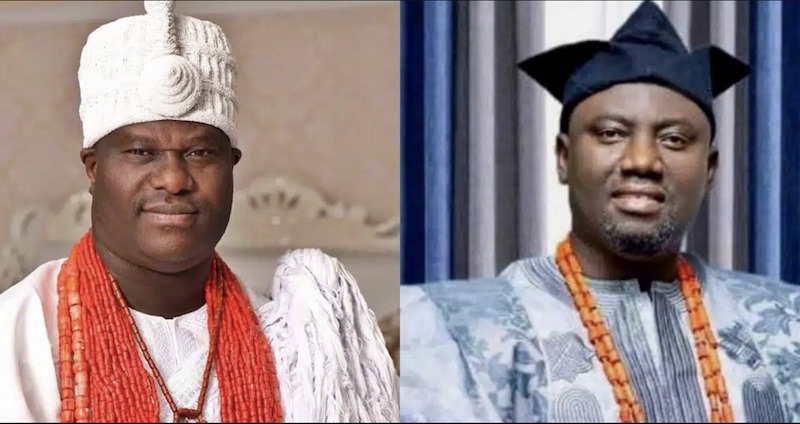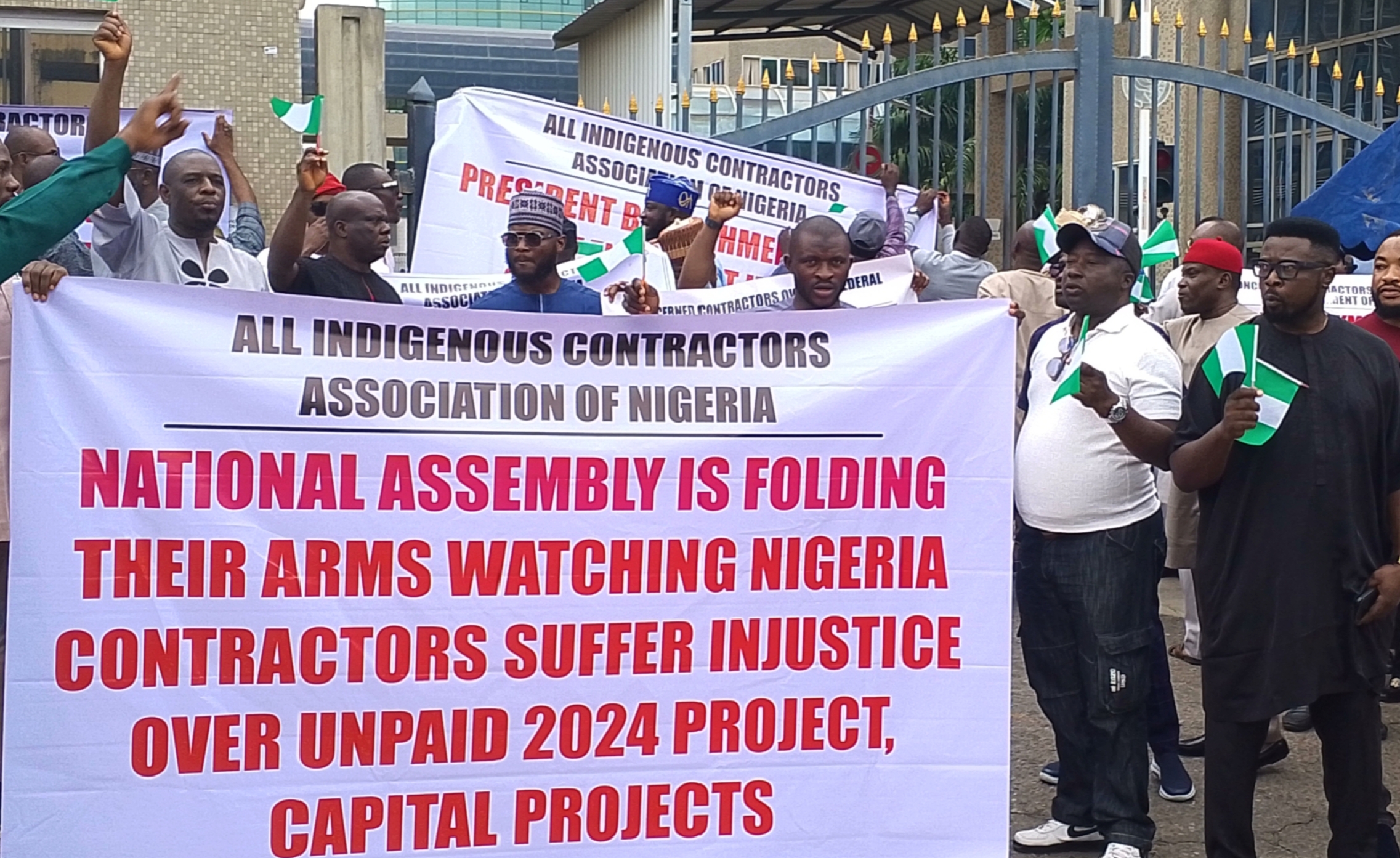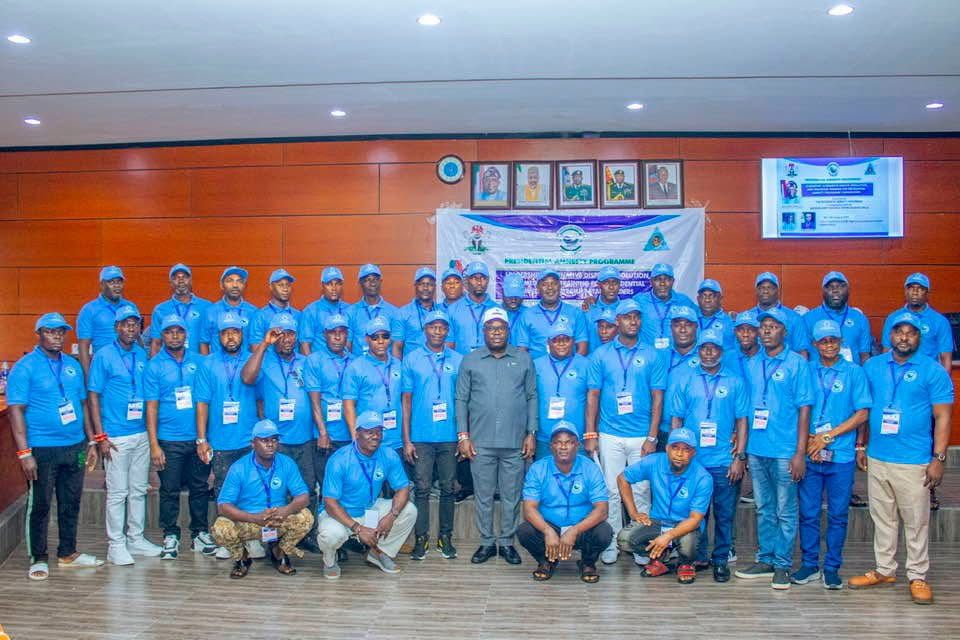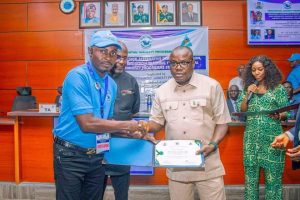By Alwalled Kabir Yusuf
When the Partnership Initiatives in the Niger Delta (PIND) launched in the early 2010s, few observers expected it to shift the tide in one of Africa’s most volatile regions. Decades of oil- fueled conflict, entrenched underdevelopment, and deeply rooted distrust, the Niger Delta had long been tagged as ‘unfixable’, a region too politicized and fragmented for lasting progress.
Today, PIND is recognized as a pioneering model in the Niger Delta, promoting that lasting peace and prosperity are forged within the nexus between economic development and peacebuilding, even in the most fragile places, one that successfully wove together community ownership, strategic investment, and private sector collaboration.
Rooted in PIND’s systemic pillars for sustainable development, Aline Varre is taking the mission to its next chapter, driving innovation, deepening impact, and shaping the future of fragile-region development.
The Systems Architect Behind the Curtain
Varre, a French and English-speaking development strategist, over ten years at PIND and for the last 2 years as Director of Strategy and Business Development. She is spare heading a $75 million co-lending vehicle to unlock financing for solar energy, and youth empowerment across the Niger delta. Varre states, I stand on the shoulders of my expert colleagues at PIND”-with this she has become a driving voice within policy and social investment circles of peace impact investing as an integrated framework for blended finance in fragile regions.
“Grant funding was never designed to carry the full weight of sustainability, it’s the spark, not the flame. Without a continuum of capital that blends philanthropy, development finance, and market investment, ‘sustainable development’ will remain an empty phrase on the continent. And for sustainable impact in fragile region, we have to learn to monitize peace building as part of the strategy.”
Beyond CSR: Financing with Depth
What set PIND apart, and what made Varre’s innovative approach unique, is the amplification of what is known as Corporate Social Responsibility (CSR) or social investments and applying it to development, because “doing good is good for business”- says Varre . She champions blended finance- a model that combines commercial capital, philanthropic grants, catalytic capital, to reduce risk and amplify local ownership. “I believe that PIND is a leading force in philanthropy and it is a model to learn from”
She is fluent in both the boardroom and the grassroots, the English-speaking global development world and the often-overlooked Francophone regions that remain structurally locked in post-colonial frameworks.
“The CFA franc system keeps Francophone Africa financially tethered,” Varre explains. “Reform is essential, but it must be strategic, or we risk unintended collapse.”
Her call is clear: a new generation of African development leaders must be both architects and negotiators, fluent in finance, history, and community voice and the private sector’s business strategies.
From Influence to Infrastructure
Beyond fieldwork, Varre contributes to broader debates on localization, feminist strategy, and the decolonization of aid. She has served on advisory boards for women’s leadership initiatives and regularly collaborates with think tanks advancing policy reform in fragile states and for providing women with access to financing.
In recent months, global institutions have taken notice. She has participated in UN-hosted regional consultations, philanthropic leadership summits, and high-level finance forums. Her commentaries have appeared in Quartz Africa, Devex, and African Arguments, where she challenges institutions to fund differently, and more equitably.
“The development conversation is undergoing a fundamental shift,” says a senior adviser at a multilateral peacebuilding institution. “It’s no longer just about funding projects, it’s about reshaping power, redefining priorities, and rethinking how capital flows. Aline is helping lead that transformation. “From Legacy to Blueprint
As development actors rethink how to embed sustainability, equity, and legitimacy into global systems, Varre’s work and voice across the continent is Is one that we are leaning in to listen to. (something to that effect)
From one region to the entire continent, her mission has scaled, but her credo holds firm: design for endurance, not recognition.
“The most powerful lesson I’ve learned,” she reflects, “is that transformation begins with trust.
Metrics are important, but legitimacy is what holds systems together.”
As African voices increasingly shape global development narratives, leaders like Aline Varre are no longer behind the curtain. They’re at the table, reshaping how the world understands fragility, and sustainability and more importantly, how it responds.
Yusuf, a journalist and development monitor, contributed this piece from Abuja.







